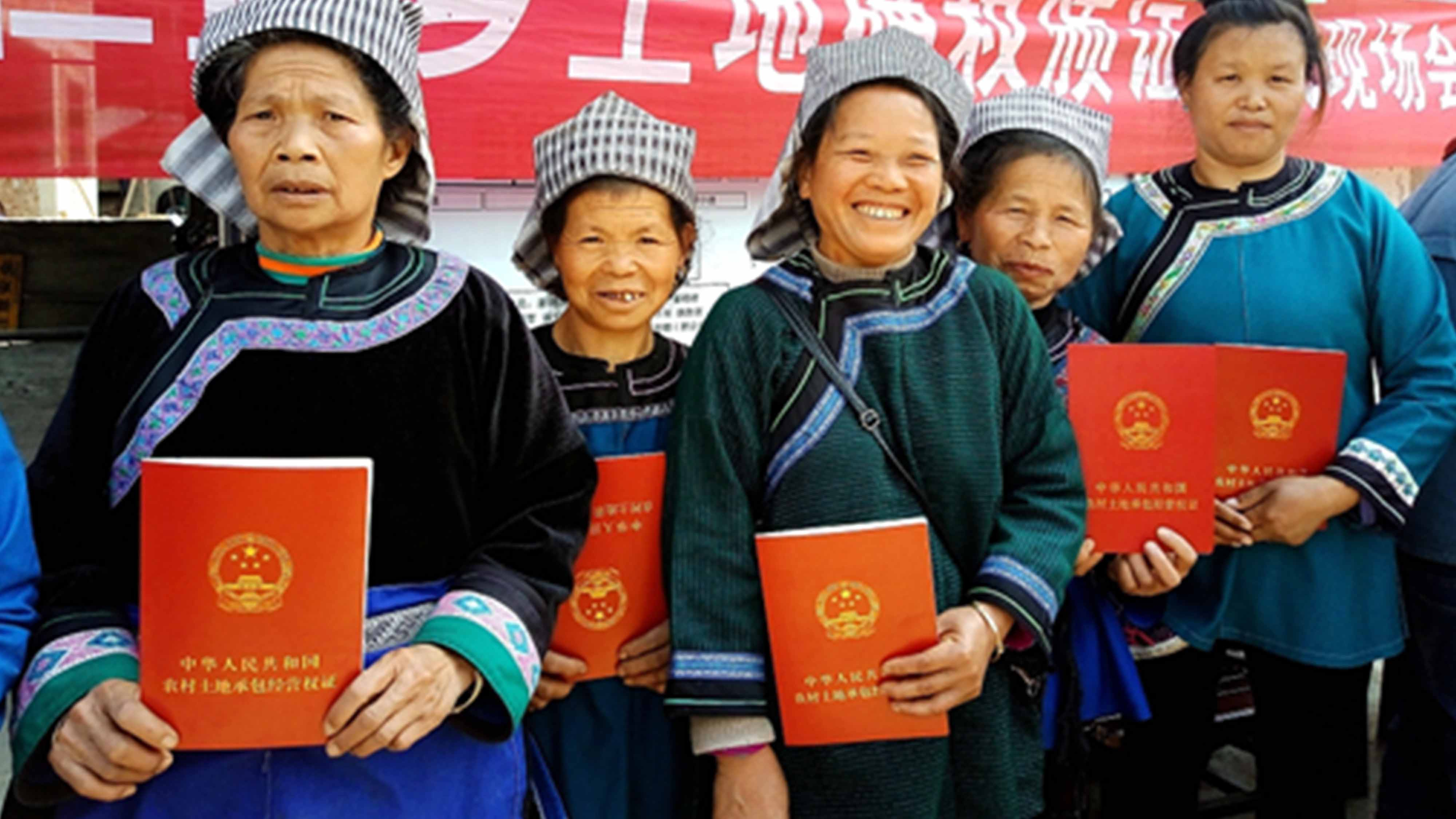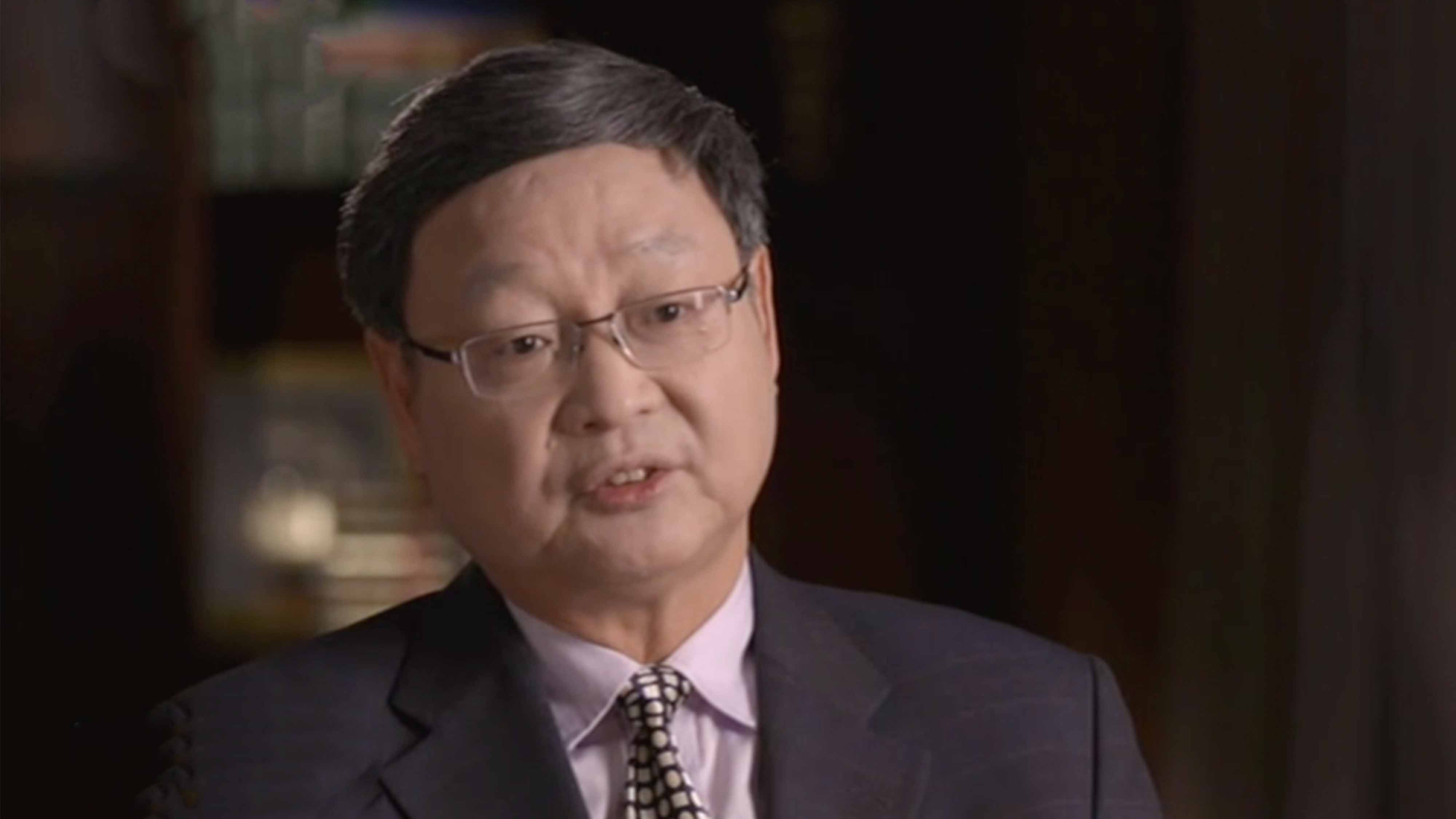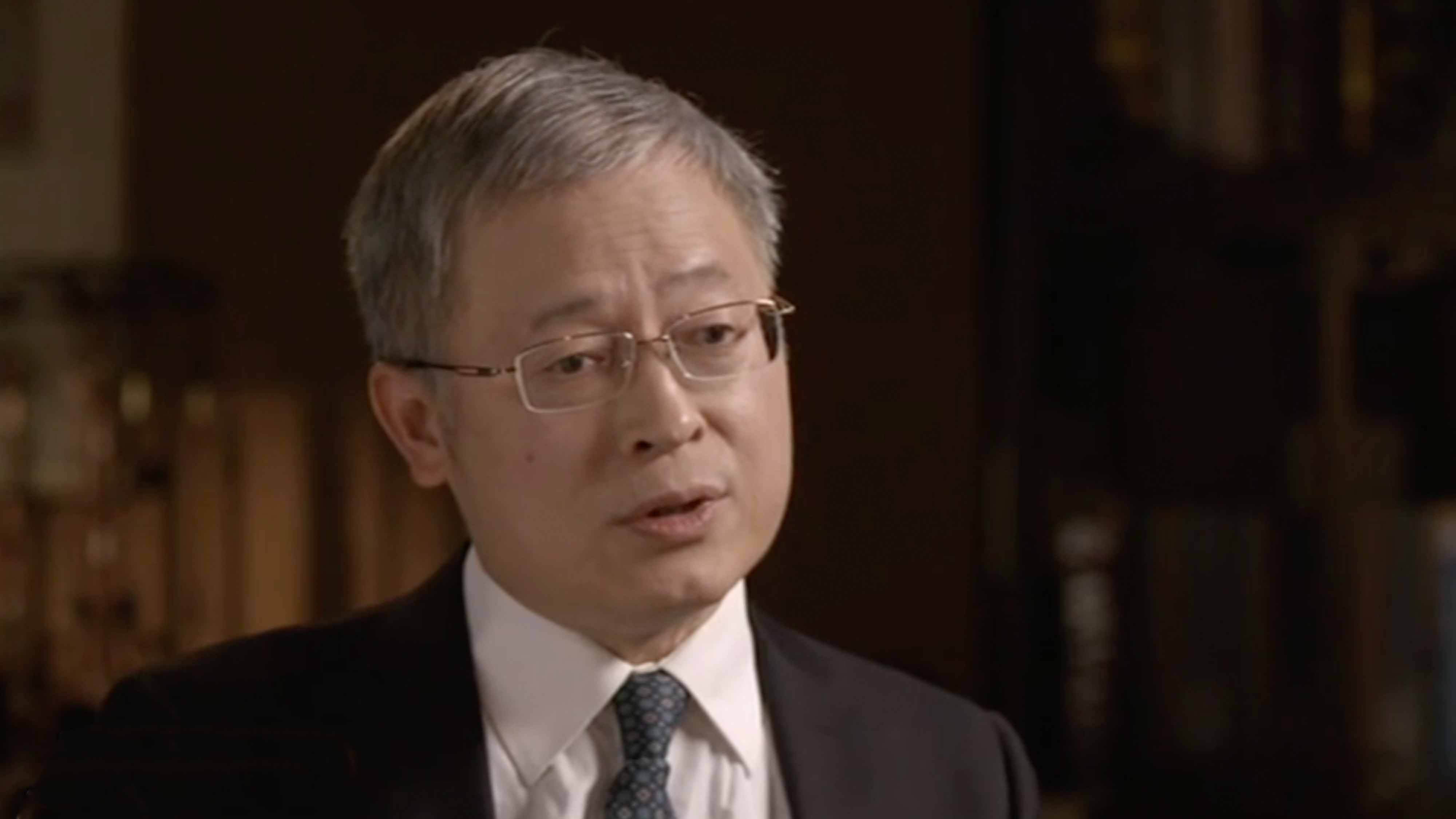
TV Show
13:06, 17-Feb-2019
Decoding rural land reform in China
Closer to China with R.L.Kuhn
00:44

Agriculture, rural areas, and farmers have remained top priorities in the work of the Chinese government.
How has the government addressed these questions? Is there a strategy for them? Robert Lawrence Kuhn raised these questions to Zhang Xiaoshan, director of the Rural Development Institute at the Chinese Academy of Social Sciences.
According to Zhang, the Third Plenary Session of the 18th CPC Central Committee delivered a very important message: We need to grant farmers more property. What is the biggest property for farmers? It is the land that they collectively own. Therefore, in order to grant farmers more property rights, we need to give them more interest from land appreciation deals. China is gradually changing the original pattern of interest and progressively addressing the issues of agriculture, rural areas, and farmers more profoundly and deeply.
Another issue at the core of China's rural policies is: Who owns the land? It is said that the collective owns it, but who or what is the collective? Zhang Hongyu, former director of the Economic System and Management Department at the Ministry of Agriculture and Rural Affairs shared his views.
02:02

Zhang states that it's fair to say that China's rural land system is somewhat unique worldwide with its own characteristics. The administrative village collective is entitled to the so-called rural land collective ownership. This needs clarification. In the structure of the three rights, the right of ownership dominates. The Chinese government specifies that no matter how land is transferred or how the system is reformed, we must adhere to the nature of rural land collective ownership.
"We call it 'insisting on the fundamental importance of rural land ownership.' To put it in another way, there are four major elements involved in ownership, that is: the right to own, to use, to benefit from, and to dispose of land," added Zhang.
Zhang also talked about how to understand the right to dispose of land: First, the collective, through joint research, determines to which household the land is allocated and how large the land is. Second, the government has laws regulating how long ownership will last. However, under the legal framework, considering the fact that the population of communities and the general situation change over time, the collective also has the right to make adjustments, with the agreement of majority of villagers.
Third, if certain contractor households commit violations – for example, if they fail to till the land for several years in a row while land resources are scarce – the collective has the right to punish them.
01:14

As China's rural land reform moves forward, it inevitably affects farmers, villagers, grassroots cadres, and the rural political structure. How will land reform interact with rural political reform? Kuhn also spoke with Ye Xingqing, director of the Research Department of Rural Economy at the National Development and Reform Commission.
In Ye Xingqing's opinion, the land system lies at the very core in China's rural system. Reforming the land system naturally requires reforming the political system, which we call reform of the countryside governance mechanism. As rural land enters the market for trade and transactions, it needs to be transferred. In the process, huge interests may be generated, not to mention conflicts of interest. At such moments, the role of every member of the group is very important. They should each be fully involved in decision-making and revenue-sharing from the land transaction.
"Toward this end, we need to advance political system reform in the countryside and realize the very important goal of effective governance in countryside rejuvenation," stated Ye.
(If you want to contribute and have specific expertise, please contact us at opinions@cgtn.com.)

SITEMAP
Copyright © 2018 CGTN. Beijing ICP prepared NO.16065310-3
Copyright © 2018 CGTN. Beijing ICP prepared NO.16065310-3